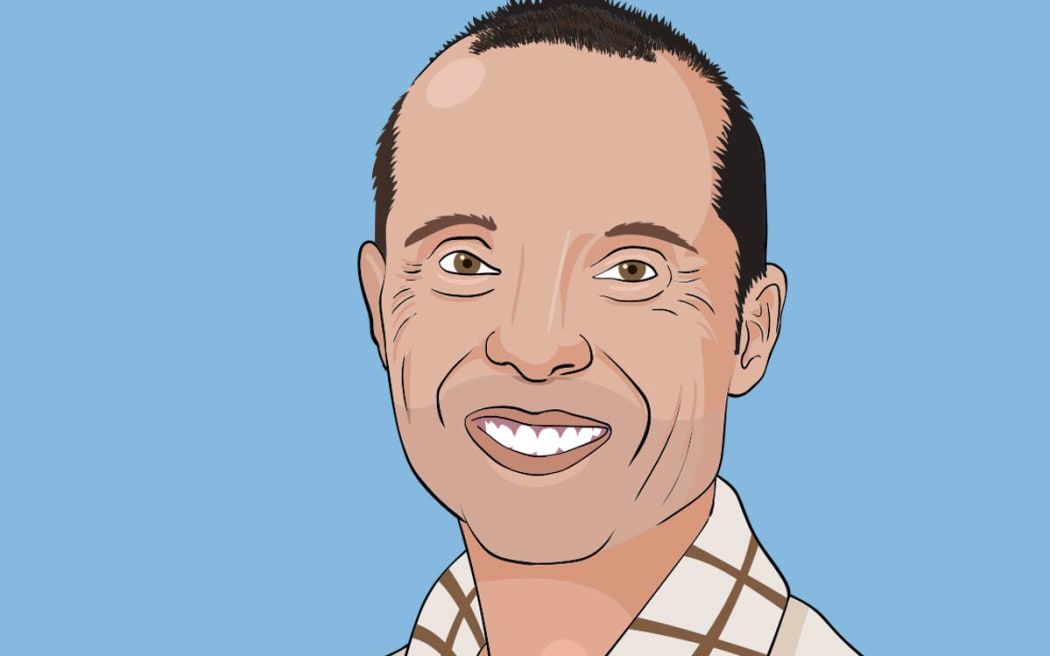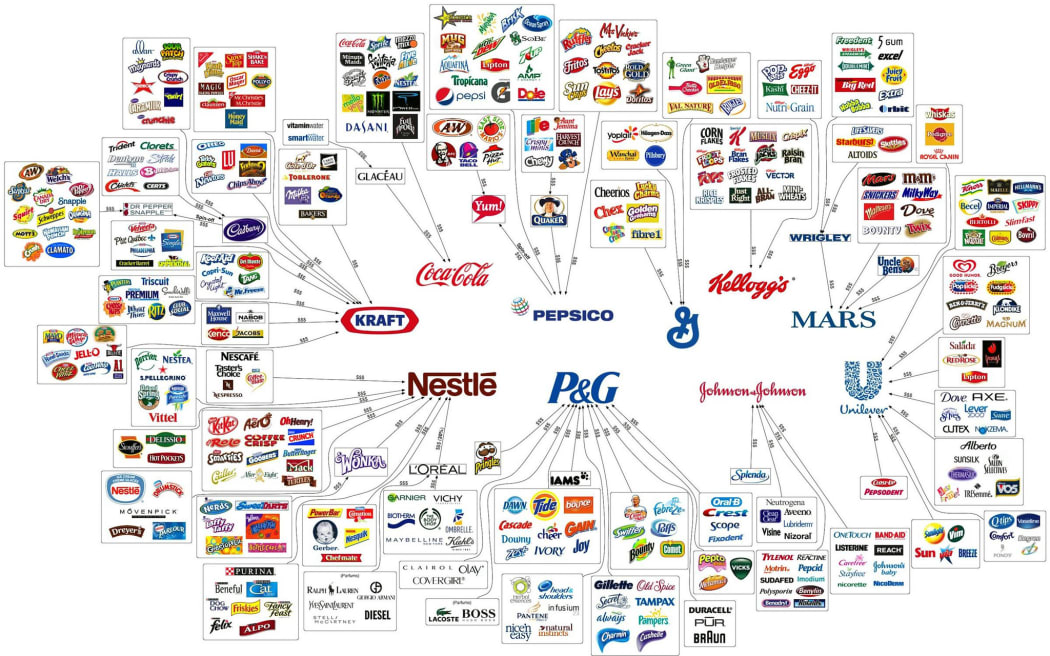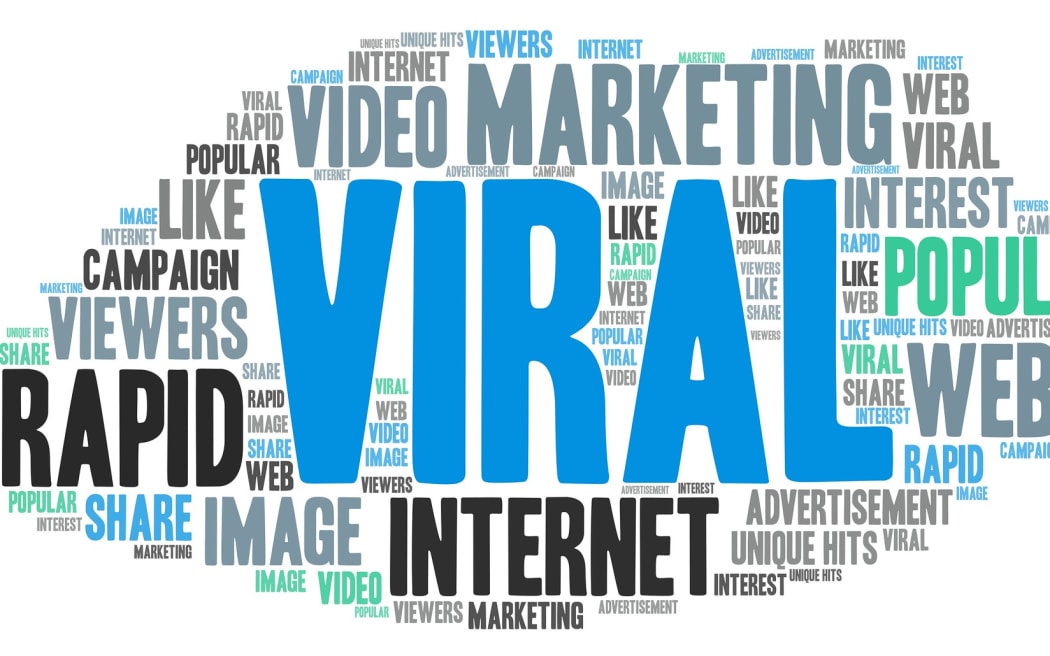In an environment dominated by paid advertising, advertorial and social media influencers, true word of mouth recommendations remain powerful.
Marketing expert Bodo Lang explains word of mouth (WOM), why it works, and how much it can be trusted in this highlight of Auckland University's Raising the Bar Home Series.

Photo: University of Auckland
Edited highlights from the discussion
Word of mouth is informal communication about a product or a service that can occur between two or more consumers. And it’s everywhere. 20% of all tweets contain the mention of a brand name. A study found that in one week, the average American consumer engages in 121 word of mouth episodes in which 76% contain a specific brand name.
And what positive word of mouth does is to induce enthusiasm, confidence and optimism in the receiver. If you've talked to anybody and they've given really positive word of mouth about something that they've experienced recently, it picks you up a little bit and it influences your emotional state even though you weren't part of that consumption experience at all.

Photo: Flickr / Brett Jordan
Word of mouth also has an impact on what we think and how we think. It has been shown to be really effective in increasing brand awareness, for example. It can also increase your expectations about a brand or service. If somebody speaks very highly to you about a particular motorbike, say, immediately your expectations of that motorbike will be much higher.
You will also have much better retrieval from memory about the brand. Hearing somebody speak with great enthusiasm about a particular restaurant, makes it really easy for you to recall that brand. The technical term for that is diagnosticity. That type of knowledge is very accessible, and helps you make your own decisions.
Word of mouth affects feelings, and what you think, but it also affects what you do. If a new brand launches in the market at day zero, without any advertising, nobody will know that brand.
What marketers typically do is advertise to increase brand awareness so that people say, “Oh there is that new business out there, you know, a new type of product in the supermarket, perhaps, or a new car Tesla. Never heard of it before. I wonder what it’s like?”
Word of mouth also starts filtering through only once people have actually had an experience with the car or product. So it encourages product trials, particularly for products where there's quite a bit of risk.
We really like to rely on our social network to reduce any perceived risk. This risk might be financial – involving an expensive purchase – or psychological. Think about buying clothes, buying glasses, trying out a new deodorant, or taking your first date to a restaurant. There are differing psychological risks involved for sure.
And word of mouth helps us to reduce those risks because when we rely on people who are in our social network, we trust their judgment because we already have an established relationship that is non-commercial. They also know our likes and dislikes. And so their word weighs pretty heavily on what we think and feel, and eventually do.
Word of mouth can also encourage brand switching in a subscription-type industry. Banking, for example, operates just like a subscription to a magazine, or membership with a gym. Every month, your subscription just rolls over.

Photo: 123rf
Brand switching is affected by word of mouth. It has both a high short-term and long-term impact on signups to websites, for example, and its impact is eight and a half times higher than that of traditional marketing activities. So, word of mouth can really pack a punch.
Winning new customers is really expensive, and holding onto them much, much cheaper. And so, once you've acquired customers, what you really want to do is to hold on to them for as long as you can. And ideally, make sure that there's a really valuable and reciprocal relationship going on.
60% of a leading US company's sales are generated on the basis of word of mouth.
New customers acquired because of word of mouth are 16% more valuable than other customers. In other words, consumers who would join your company because they've been recommended to do so by people in their social network, have a higher financial value than those customers who just kind of walked in the door or saw one of your ads.
Negative word of mouth can also really pack a punch. A 1% increase in dissatisfied customers can erode what's called your net present value by 1.8%. That's pretty bad. And word of mouth drives 13% of consumer sales.
So why is word of mouth so important?
In media planning, we often talk about two variables: reach and impact. So how many people do you reach in your target audience? And when you reach those people, what is the impact of that media contact?
When you have word of mouth, one sender talks not just to one person, but to 2, 3, 4, 5, 10 people. And that has a huge impact on how far word of mouth might spread.
The second factor under reach is re-transmission. Once the sender has sent a message to a receiver, they might have a bit of conversation about that consumption experience, but then that receiver of that message might think, “You know what? That was such a good story. I really want to share that.”

Photo: Flickr / EpicTop10
If you've been paying close attention, you might just be seeing there's a similarity here between word of mouth and viruses. And that's why we sometimes call commercial word of mouth 'viral marketing'.
The third factor under reach is that word of mouth can spread really rapidly through a target market. And that's been shown to exist across many different markets.
The fourth fact is that a high proportion of consumers rely on word of mouth. A lot of people when they're buying something, they really are looking for insight from their circle of friends.
The next fact is that a high proportion of consumers engage in word of mouth.
About the speaker
Bodo Lang’s career is a blend of experience from both the commercial and academic sectors. His commercial career spans advertising in Germany, management consulting in New Zealand and market research in Singapore. The other half of Bodo’s career has been in academia. He is currently an Associate Professor in Marketing and Assistant Dean – External Engagement at the University of Auckland’s Business School. His published works cover topics such as marketing communication and services marketing, and often have a strong consumer focus. His second research interest focuses on using marketing for the public good.
This session was presented by the University of Auckland as part of its Raising the Bar series

Photo: University of Auckland

